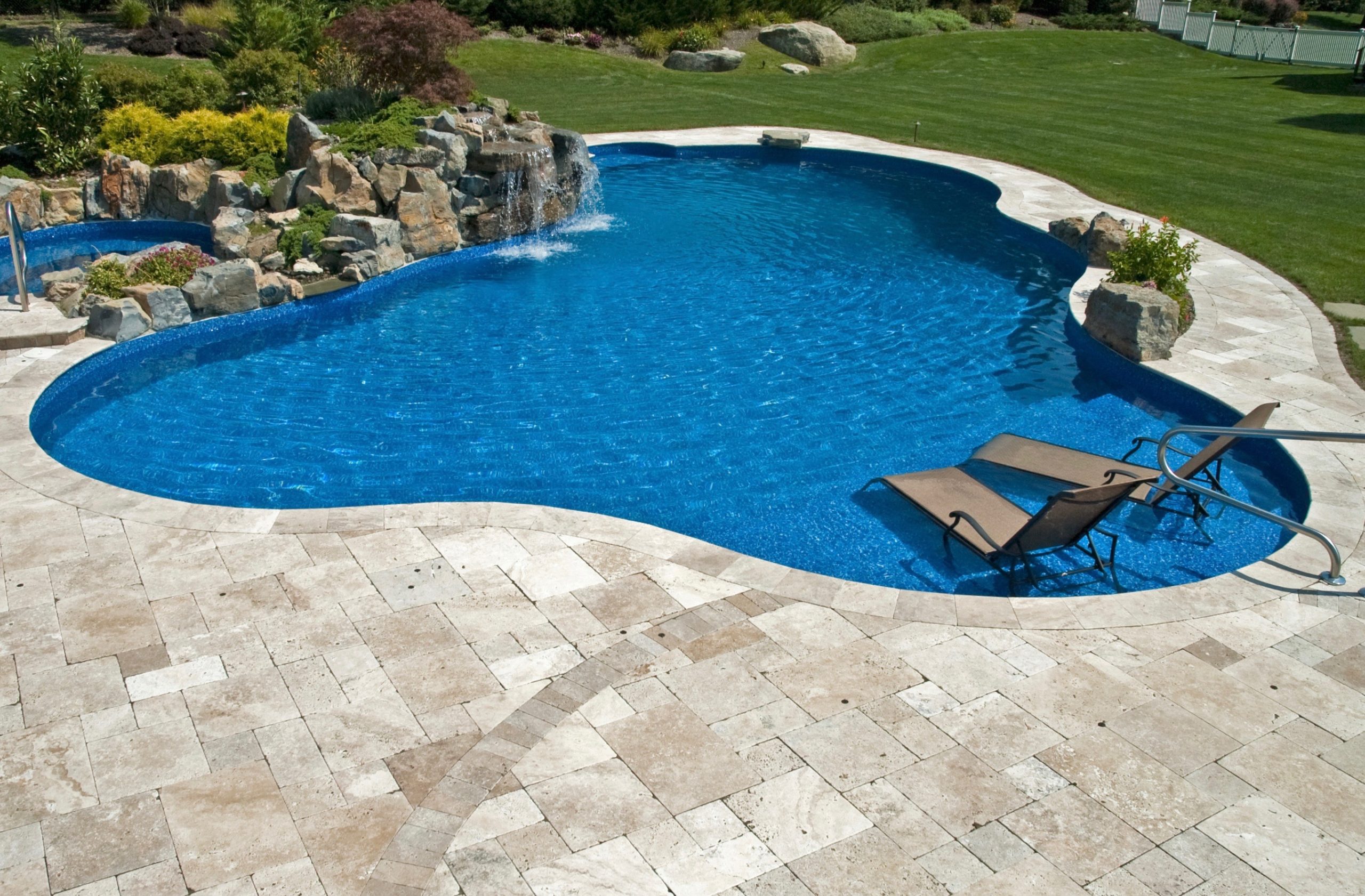Travertine pavers are a popular choice for outdoor spaces like patios, pool decks, and walkways thanks to their natural beauty, durability, and cool-to-the-touch surface. But if you’re planning an installation, you might be wondering: Do you grout outdoor travertine pavers?
The answer depends on your desired look, maintenance preferences, and the installation method.
1. Dry-Set vs. Mortar-Set Installations
-
Dry-Set (Sand or Gravel Base)
Most outdoor travertine paver projects use a dry-set installation, where the pavers are laid on compacted sand or gravel. In this method, grout is not used — instead, sand is swept into the joints to lock the pavers in place. This allows for natural movement, helps with drainage, and makes repairs easier. -
Mortar-Set (Concrete Base)
If the pavers are being installed over a concrete slab, grout or a polymeric joint filler may be used to create solid, sealed joints. This method offers a more permanent, uniform look, but it’s less flexible and may require more maintenance over time if cracks develop.
2. Benefits of Grouting Outdoor Travertine Pavers
-
Prevents Weed Growth – Sealed grout joints make it harder for weeds to grow between pavers.
-
Adds Stability – Helps keep each paver in place and reduces shifting.
-
Cleaner Appearance – Creates a more polished, uniform finish.
3. Drawbacks of Grouting Outdoor Travertine Pavers
-
Less Flexibility – Grout can crack if the ground shifts or settles.
-
Maintenance – Over time, grout may need repairs or reapplication, especially in climates with freeze-thaw cycles.
-
Drainage Issues – Solid grout joints can slow water drainage compared to sand-filled joints.
4. Best Practices if You Choose to Grout
-
Use a high-quality, flexible outdoor grout designed for natural stone.
-
Seal the travertine before grouting to prevent staining.
-
Ensure proper slope for drainage to avoid standing water.
-
Consider polymeric sand as an alternative — it offers some sealing benefits without the rigidity of traditional grout.
Bottom Line – Do you grout outdoor travertine pavers?:
If you want a natural, flexible, and low-maintenance installation, skip the grout and use sand-filled joints. If you prefer a sleek, more permanent look and your pavers are installed over concrete, grouting is a good option — just be prepared for occasional upkeep.

